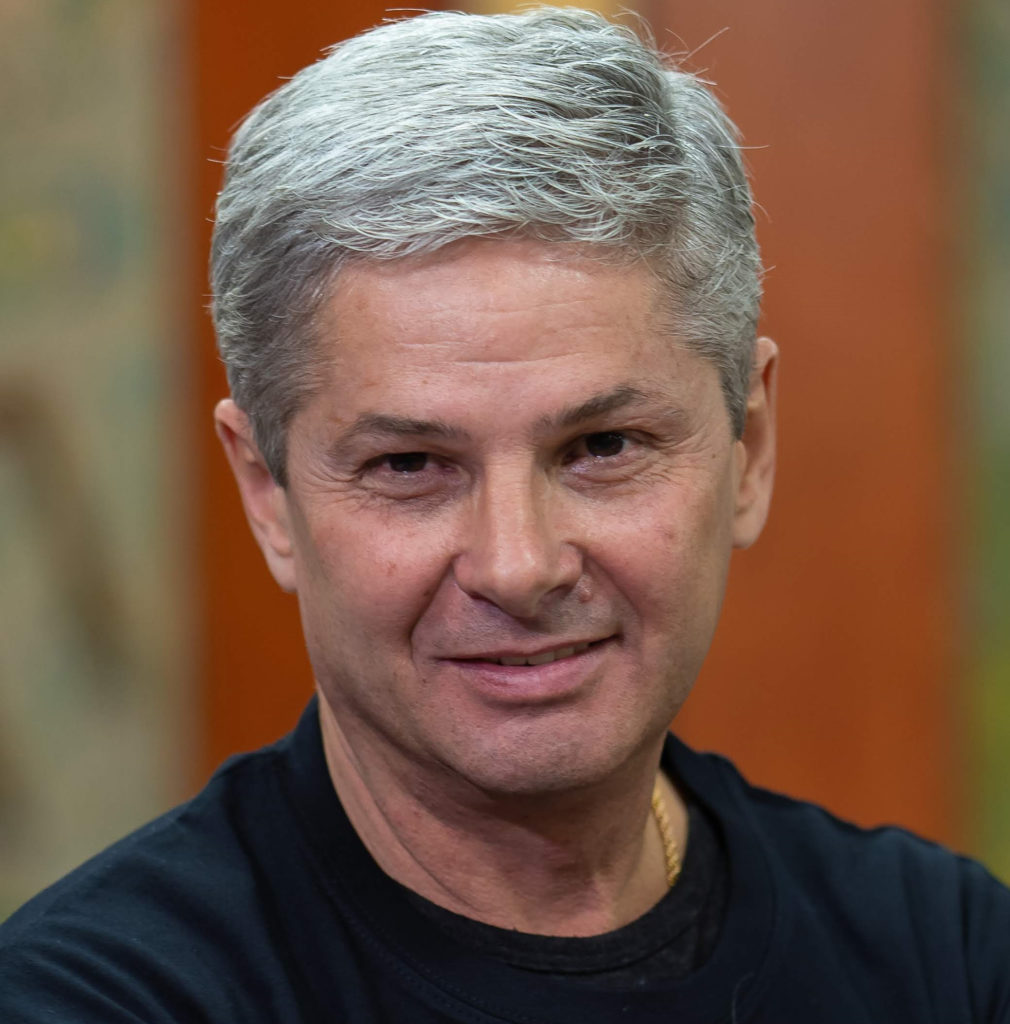
Vitaliy Rabinchuk, Chairman, PULS Comunitar, Moldova
If we talk about the barriers associated with access to HIV services for migrants from Moldova, then, in fact, these barriers are the same as for all migrants.
The first is the lack of access to medical services. Fear of deportation affects the willingness to seek social and health services. With regard to receiving paid medical care, labor migrants are often unable to pay for services on their own. All this takes people into the shadows and promotes more risky behavior.
Second, restrictions may be associated with insufficient awareness of migrants themselves about their rights. This is a very important aspect that we could work on both domestically and in cooperation with host countries, particularly with Russia, to educate our migrants about how they can use existing legal opportunities.
Another problem the citizens of Moldova face is the likelihood of losing the right to receive social benefits in the country of origin due to a long absence. The difficult situation in the social sphere forces them to look for work in other countries, but at the same time, they may lose the minimum assistance they received in their home country. Here work with our parliamentarians is seen as very important.
If we talk about interstate relations between Russia and Moldova, the existing bilateral agreements should help support migrants, and not only prevent our citizens from accessing medical services and social assistance.
Another difficulty lies in the fact that in Moldova the coordination of labor migration is more often found in the departments of such bodies like the Ministry of Internal Affairs and the Ministry of Foreign Affairs, while the Ministry of Health, Labor and Social Protection is poorly involved in these processes, and their strategy in matters related to labor migration, in the context of protecting the social rights of migrants and the possibilities of obtaining medical services, is unclear.
At the same time, we have experience of interaction with other countries on migration and HIV issues, when, for example, testing is carried out with the aim of involving in treatment, and not with the aim of expulsion from the country, as it happens in the Russian Federation. We can look towards positive practices, progressive models, and I hope that the model law “On Equal Access to HIV Prevention, Diagnostics and Treatment in the CIS Countries” will help, and our parliamentarians will be able to find platforms for interaction.
What do we plan to do together with REG? I am ready to focus on the development and support of dialogue in the field of migration, based on human rights and evidence-based aspects of medicine and economics. In particular, we are awaiting the results of the economic research conducted by the REG, with a further opportunity to use it as an advocacy tool in working with parliamentarians of both countries.
It is interesting to participate in improving legislation and policies in the field of labor migration regulation, as well as in monitoring and evaluating labor migration policies and practices, and developing cooperation with partners in order to counteract negative attitudes and create public trust and support.
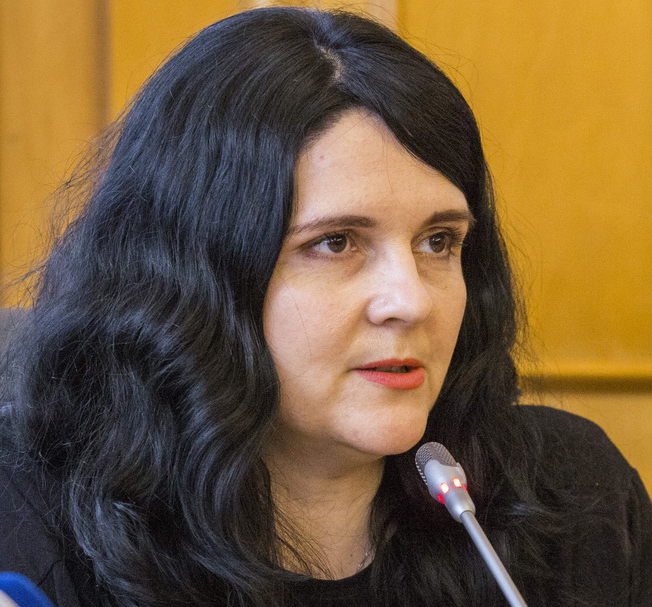
Kristina Rivera, Specialist, Communications Department, 100% Life, Secretariat, TBpeople Global, Ukraine
According to the latest data from the Migration Service of Ukraine, more than 140 thousand foreigners are registered in the country. More than 2 thousand are illegal migrants; all of them are being returned to their countries of origin. In most cases, refusals are also recorded on the applications of asylum seekers.
There are few migrants and refugees in Ukraine, but speaking about access to HIV treatment, they are not denied tests, registration, or medication. But, unfortunately, despite the fact that funds for ARVT are allocated from the state budget, all last year we were engaged in the purchase of drugs at the expense of the Global Fund.
Ukraine is primarily a country of origin for migrants, with 3 million citizens of the country working abroad, mainly in Poland and Russia.
Our wishes are to establish relationships with partner organizations in the Russian Federation to advocate for migrants’ access to HIV services. The Russian Federation has very harsh migration laws, while many Ukrainian citizens are there as refugees, labor and illegal migrants, facing many barriers and difficulties, especially if they are HIV positive.
Together with REG, we are planning to conduct joint research, and also we are ready to provide information support to topics related to migration and HIV.
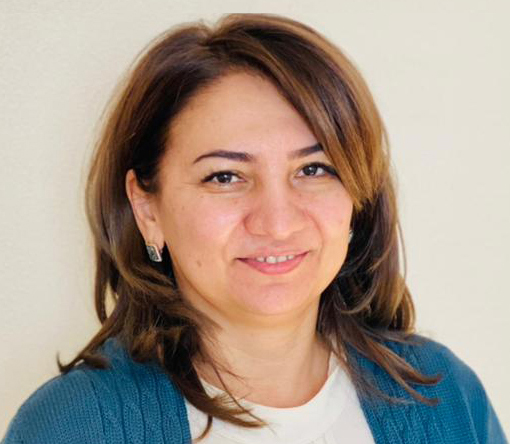
Natalya Shumskaya,
Chairperson, AIDS Foundation East-West (AFEW), in the Kyrgyz Republic
For Kyrgyzstan, as for other Central Asian countries, Russian Federation is the focus for cooperation, as more than 80% of migrants go to work in Russia. We find ourselves dependent on Russia’s leadership in matters of migration policy.
HIV prevention for migrants
We are developing partnerships to expand access to HIV treatment and services working with partners from Kyrgyzstan, Tajikistan, Uzbekistan and Russia. As part of our project, we are trying to establish a referral system for key groups representatives so that they do not lose access to HIV prevention, testing, treatment and support services at all stages of migration. Such services are very relevant and in-demand among the beneficiaries. For example, in the first five months of the project, our partner organizations in Moscow identified 20 new HIV cases among migrants from Central Asia. Russian legislation does not allow foreigners with HIV infections to receive treatment and medical care. If HIV-positive status becomes known to government agencies, then an HIV-positive person is blacklisted and subject to deportation. Thanks to the support of our project and of Russian foundations, people will have the opportunity to start ARV therapy in Moscow.
Access to ARVT for migrants
We plan to create working groups of national experts from the Ministries of Health and Republican AIDS Centers in Kyrgyzstan, Tajikistan and Uzbekistan to create transitional mechanisms, when countries issue ARV therapy for a longer period if people leaving for migration. Now, this practice also exists, but this mechanism is not legalized, and doctors issue medicines at their own responsibility.
Our plans for cooperation with REG
Republican AIDS centers are ready to send ARVT to their citizens – labor migrants in Russian Federation, but they need an official statement from a Russian state clinic confirming HIV infection. But migrants will not go to state clinics, as after receiving a positive HIV test, deportation will follow. Now we are discussing the possibility of the Centers accepting conclusions on the diagnosis from private clinics.
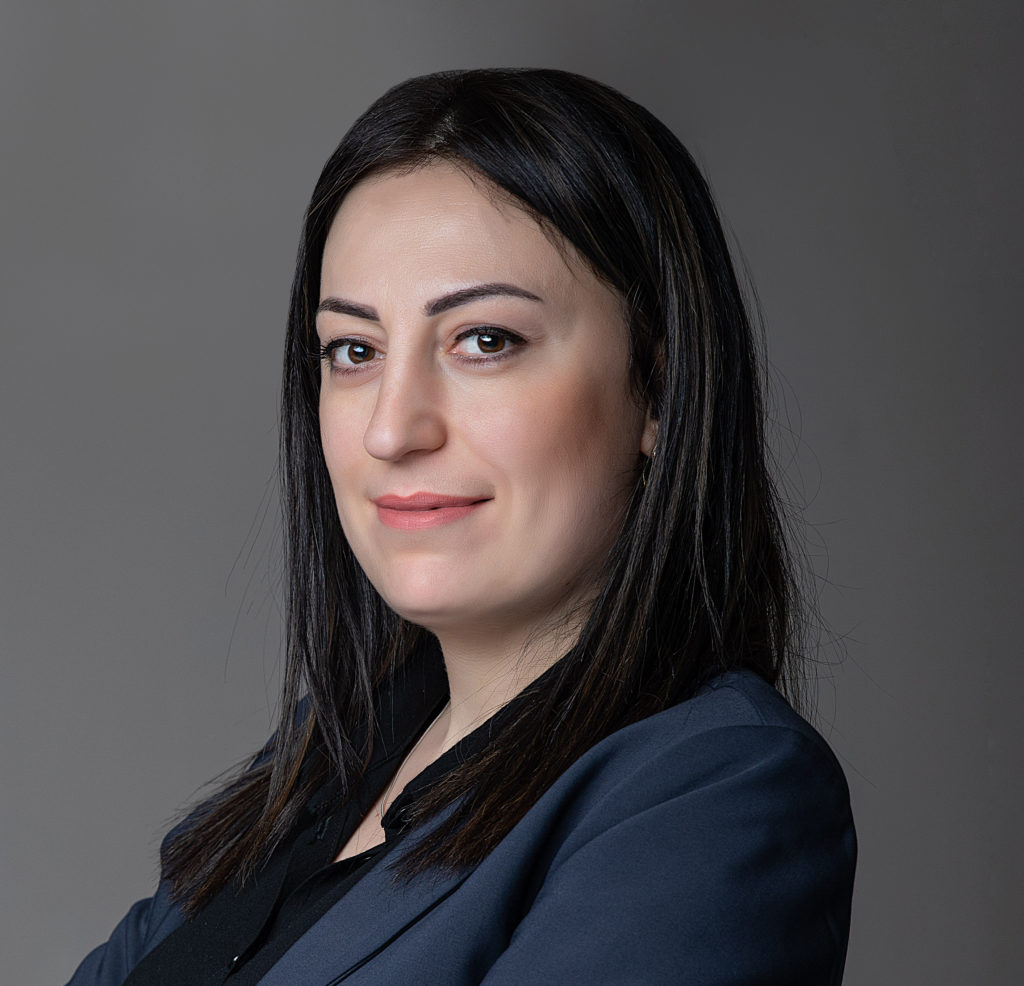
Zhenya Mayilyan, President, ”Real World, Real People” NGO, Armenia
In terms of migration, Armenia is primarily a sending country; the number of people who come here to work is small. However, the COVID-19 pandemic has shown that in Armenia we also have migrants. By the Armenian law, if a person has HIV, they can receive treatment regardless of their nationality. And during the pandemic, we helped citizens of other countries receive treatment. The procurement of drugs is carried out at the expense of the Global Fund to Fight AIDS, Tuberculosis and Malaria. Armenia has all the ARV regimens that people living with HIV need.
However, we still have problems with HIV positive migrants from Armenia living in Russian Federation.
Before the epidemic, they could receive ARVT from Armenia, and help organizations or relatives sent medicines to beneficiaries in migration. But during the quarantine, this opportunity was closed due to the cancellation of flights and any other means of travel. In Russia, there were either no medicines or they were very expensive, and patients had to change the ARVT scheme or even refuse therapy. We started working with parliamentarians and in the shortest possible time we managed to change the legislation – now we can legally send medicines to our migrants.
The problems of migrants from Armenia in the Russian Federation are exactly the same as those of migrants from other countries: fear of deportation, inability to receive medical services. Moreover, in our practice, there have been many cases when an HIV positive person has relatives – citizens of the Russian Federation, but they were still deported. Many migrants do not know their rights, do not know how they can be protected. COVID-19 has identified weaknesses that need to be addressed.
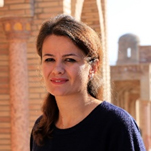
Takhmina Khaidarova, Head of the Tajikistan Network of Women living with HIV, Tajikistan
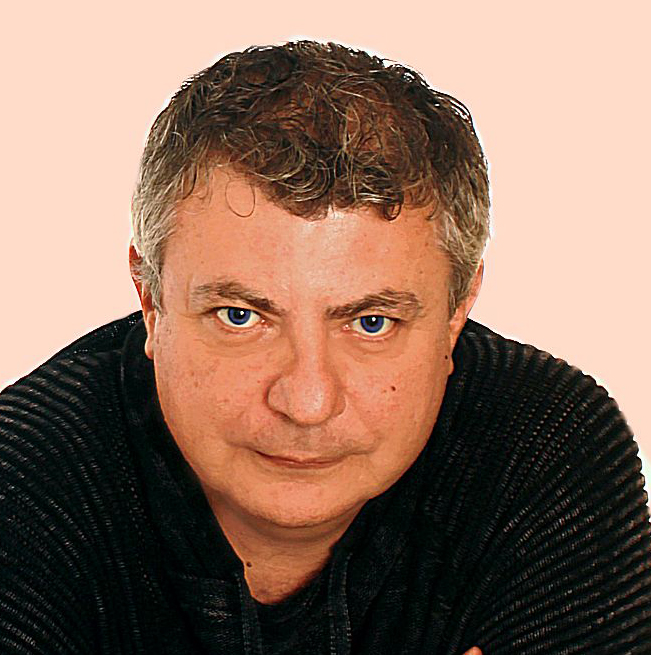
Oleg Yeremin, Chairman of the Coordination Committee, NGO “Belorus Network AntiAIDS”, Belorus
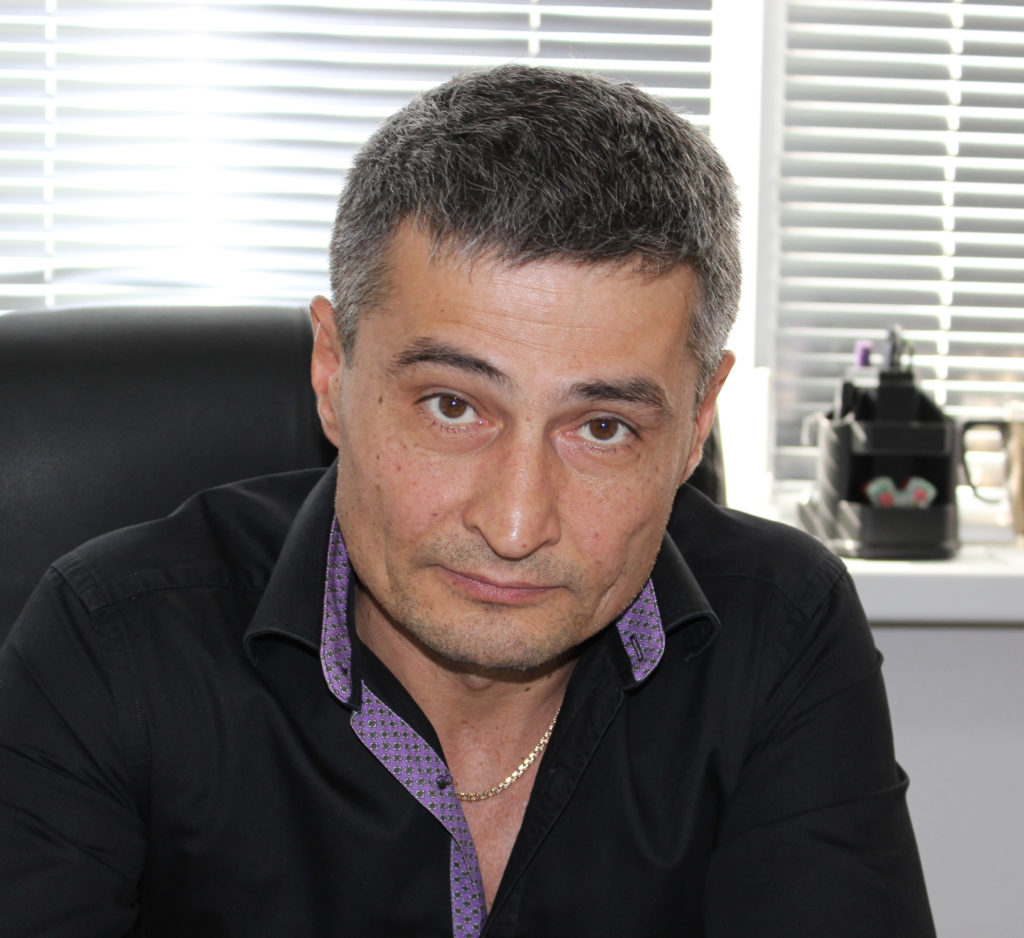
Nurali Amonzholov, Central Asia Association of PLWH, Kazakhstan
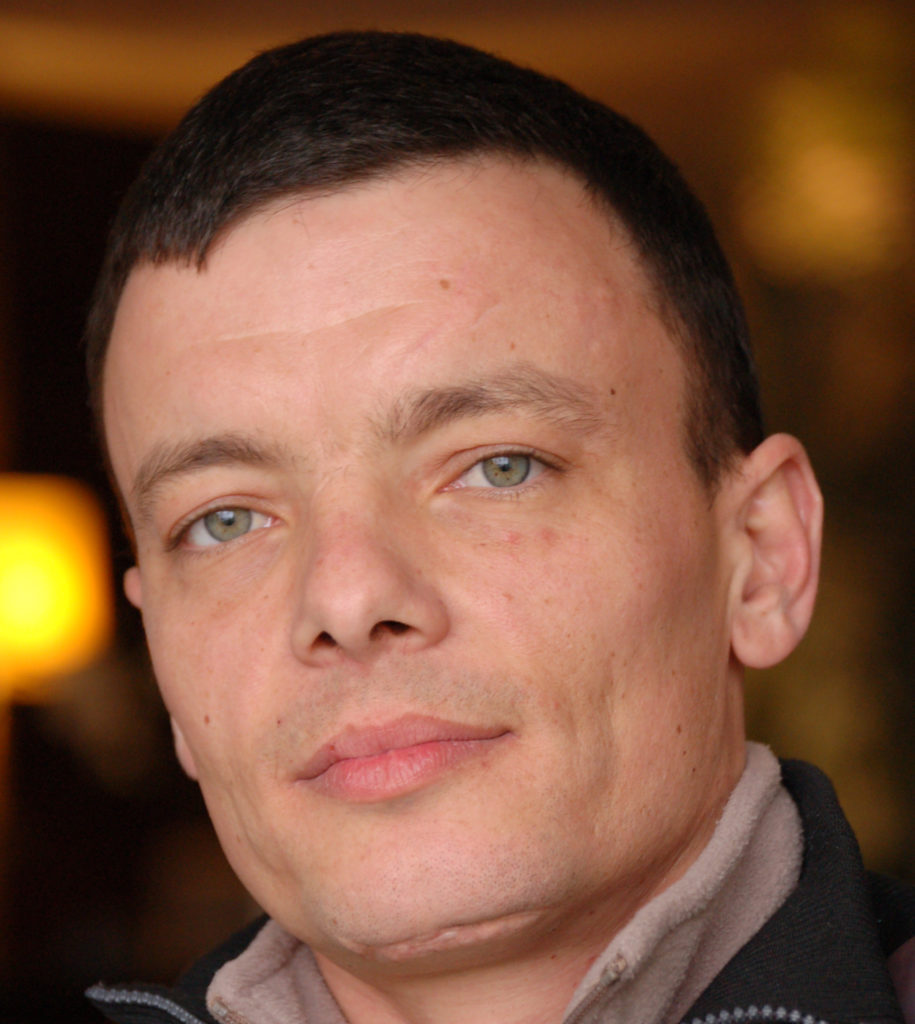
Sergey Uchayev, Chairman of the Public Associatoin of PLWH “Ishonch vaHayet”, Uzbekistan

Iason Shishniashvili, Project Manager, Equality Movement NGO, Geargia
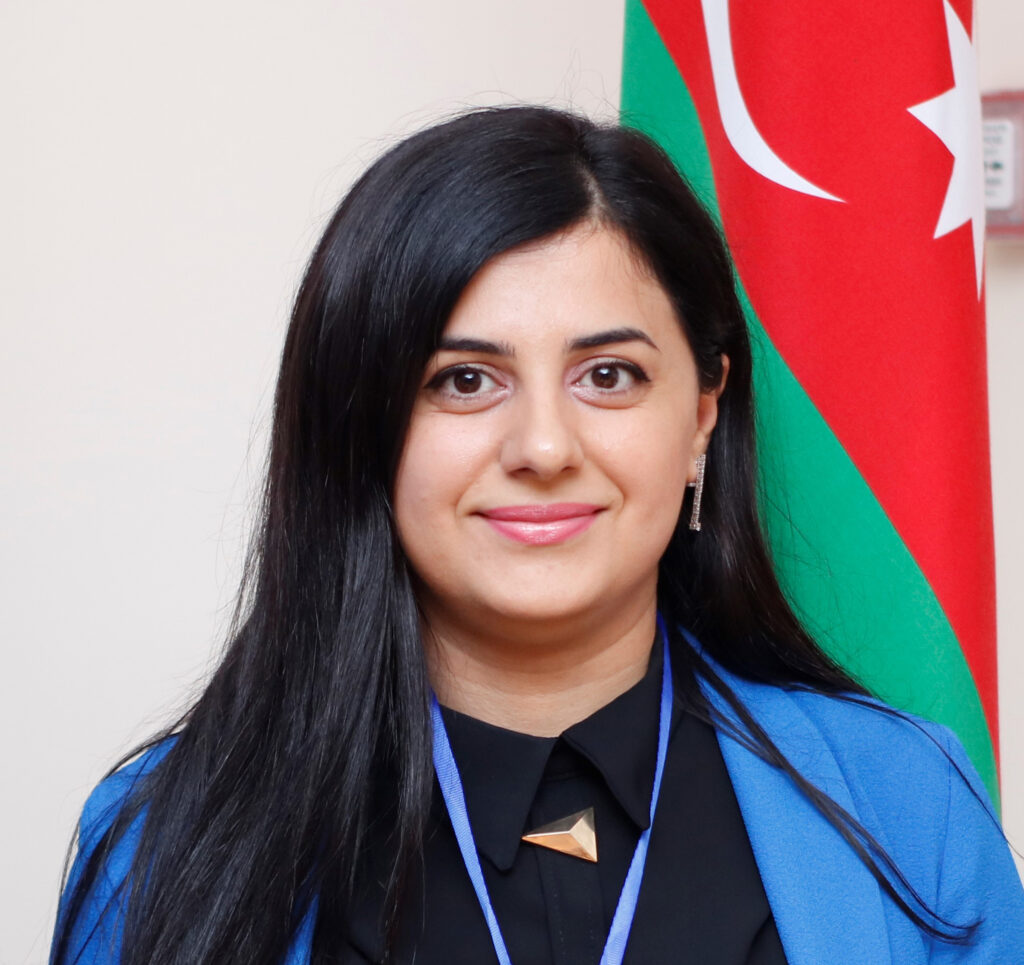
Parvana Valiyeva, Oversight/transition officer, CCM of the Ministry of Health, “Saglamliga Khidmat” NGO, ED, Azerbaijan